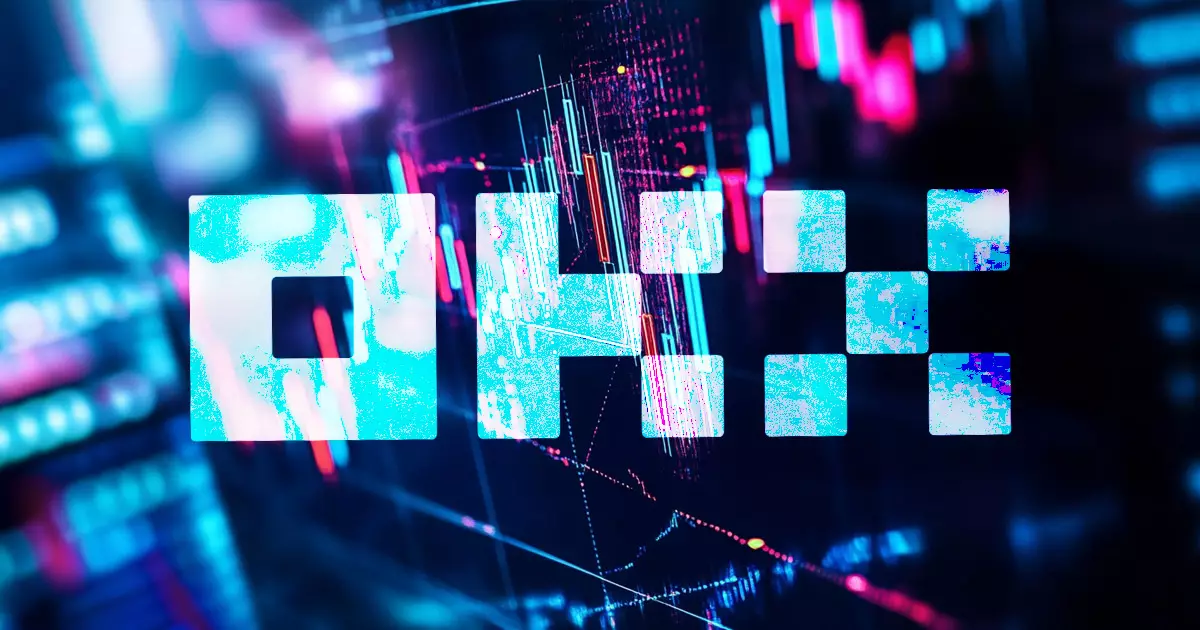The recent decision by OKX to halt its Web3 decentralized exchange (DEX) aggregator for regulatory review is a stark reminder of the existential challenges that blockchain technology faces. This suspension, arising from ongoing investigations into the misuse of platforms by nefarious actors, showcases the dual-edged sword that is decentralization. While it aims to revolutionize financial systems by providing autonomy, it simultaneously exposes vulnerabilities that can be exploited by malicious entities. The implications are troubling, not just for OKX, but for the broader crypto ecosystem, underscoring the urgent need for a regulatory framework that doesn’t stifle innovation but fosters responsible growth.
Regulatory Challenges Amid Hack Allegations
Allegations linking OKX’s platform to the laundering of approximately $100 million, part of a broader $1.5 billion Bybit hack attributed to the notorious Lazarus Group, highlight significant challenges. European regulators are now examining whether OKX falls under the Markets in Crypto-Assets (MiCA) regulatory framework. This scrutiny raises critical questions about the effectiveness of decentralized exchanges’ self-regulating systems. Without robust safeguards to prevent misuse, the very foundation of decentralization could be undermined by regulatory backlash. The cost of inaction could be irreparable trust lost in an industry that is still in its infancy.
Security Measures or Damage Control?
In response to the unfolding crisis, OKX has claimed it is enhancing its security measures and providing transparency by engaging with blockchain explorers to ensure accurate transaction reporting. While these efforts may be perceived as proactive, they can equally be viewed as reactive damage control. Trust isn’t merely about transparency or correct labeling—it’s about establishing robust systems that prevent exploitation in the first place. The situation begs the question: Are these measures sufficient to regain confidence among users and investors, or are they merely a stopgap in a much larger, systemic issue?
The Question of Responsibility
OKX asserts that it doesn’t custody user assets, positioning itself as a facilitator rather than an enabler of illicit activities. However, this raises ethical concerns about the obligation of decentralized platforms to prevent such misuse. As the line between facilitator and participant blurs, the responsibility for ensuring a secure trading environment cannot simply rest on users’ shoulders. What responsibilities do platforms like OKX have to their community and the industry as a whole? This is a debate that will define the future of cryptocurrency regulation and the integrity of decentralized finance.
Looking Ahead: A Call for Balanced Regulation
The situation with OKX has opened up conversations about the need for regulatory frameworks that appreciate the nuances of digital assets while holding platforms accountable. Regulations should protect users from criminal activity without stifling the innovation that makes decentralized finance so appealing. Those in the center-right ought to advocate for balance—a regulatory approach that recognizes the importance of financial innovation while prioritizing security. Without proactive initiatives, the decentralized dream could devolve into a regulated nightmare, leaving users vulnerable and undermining the very principles of freedom that blockchain technology stands for.















